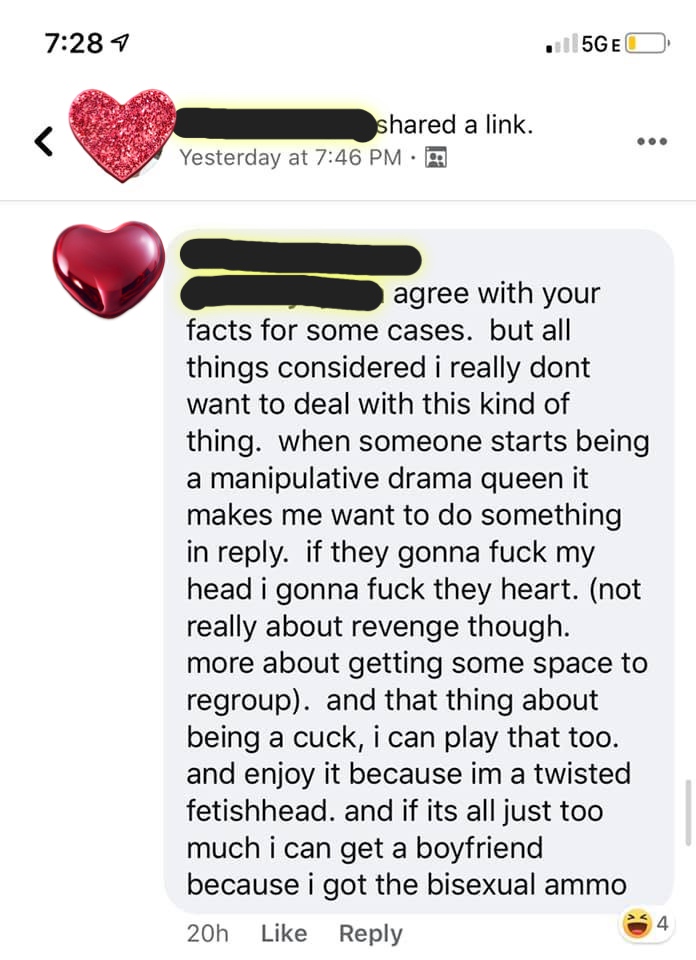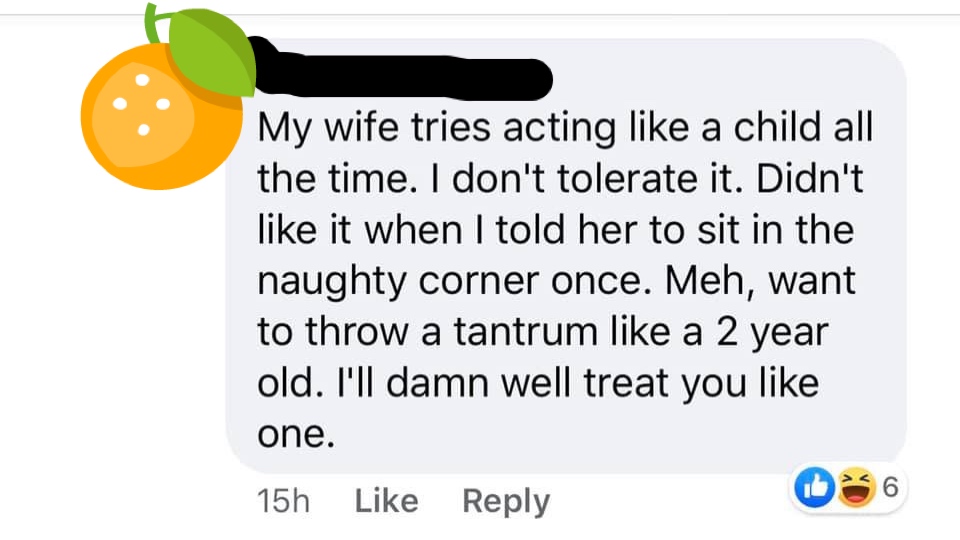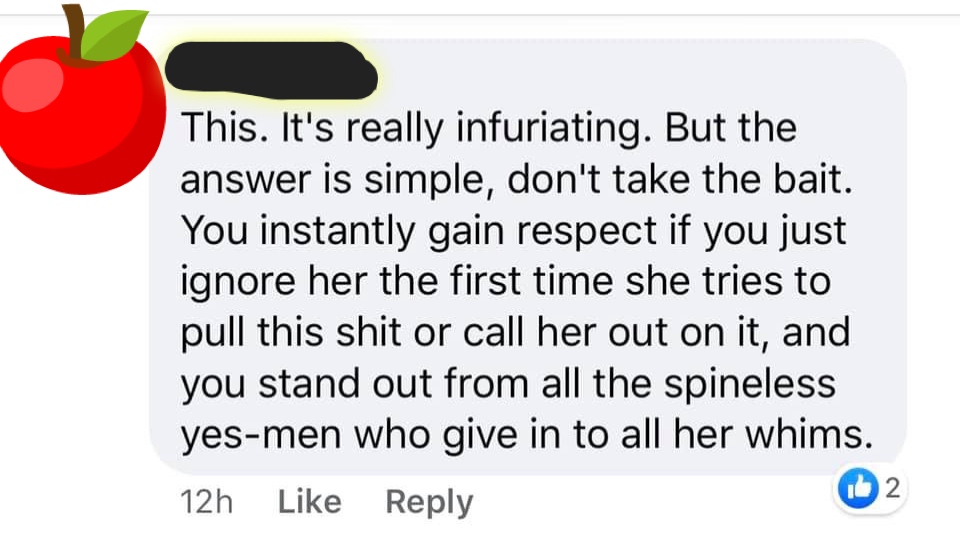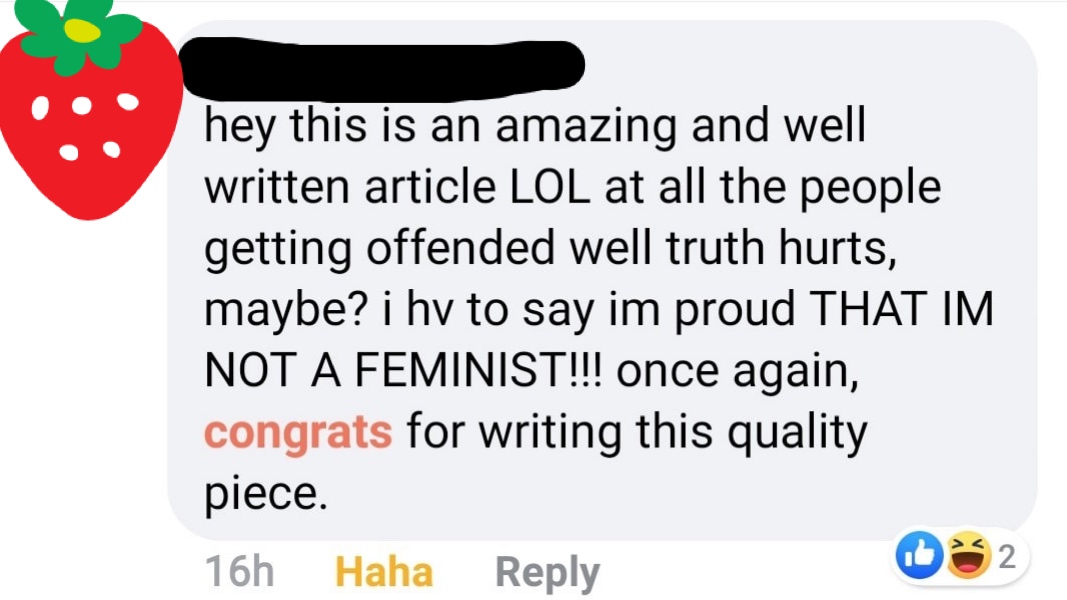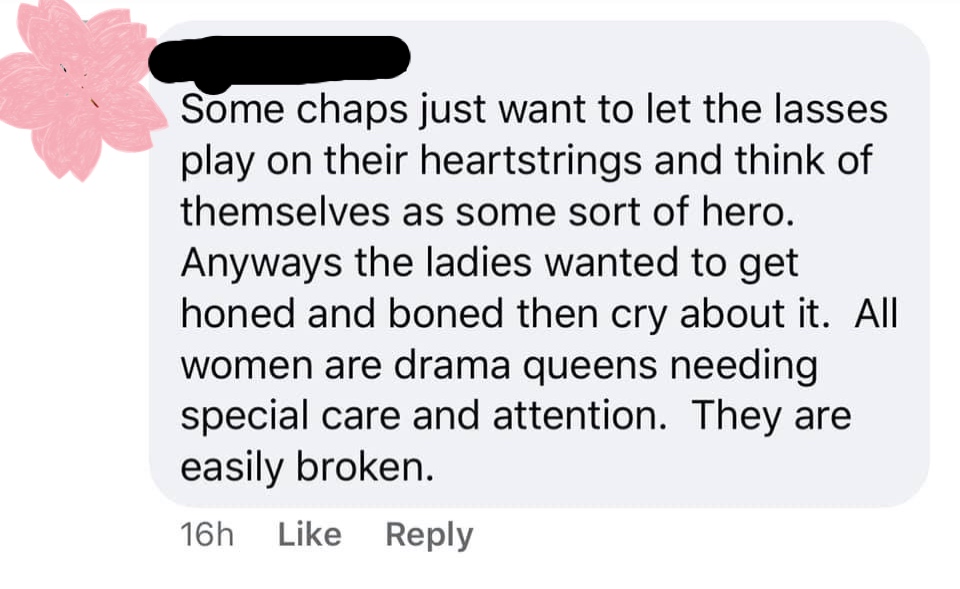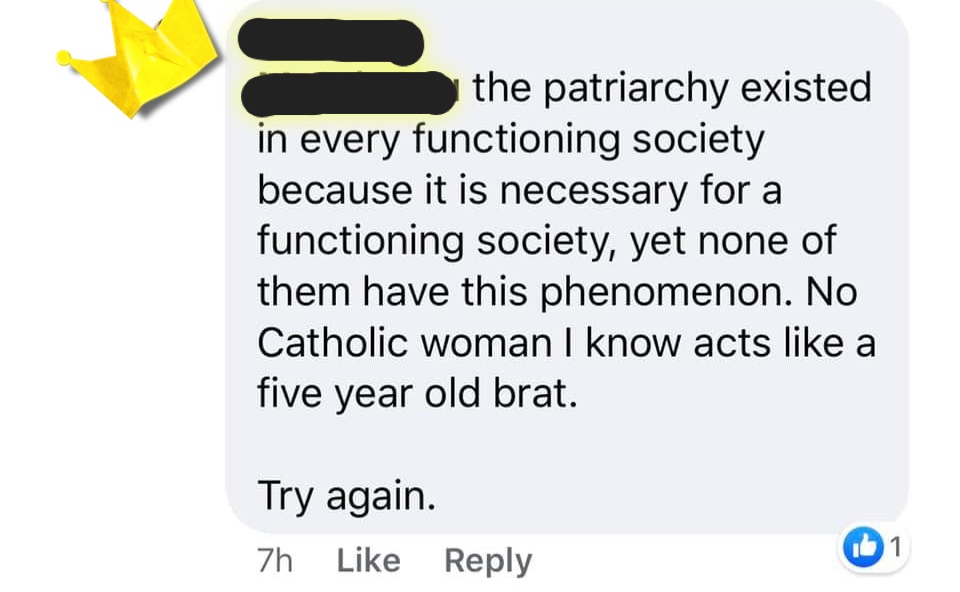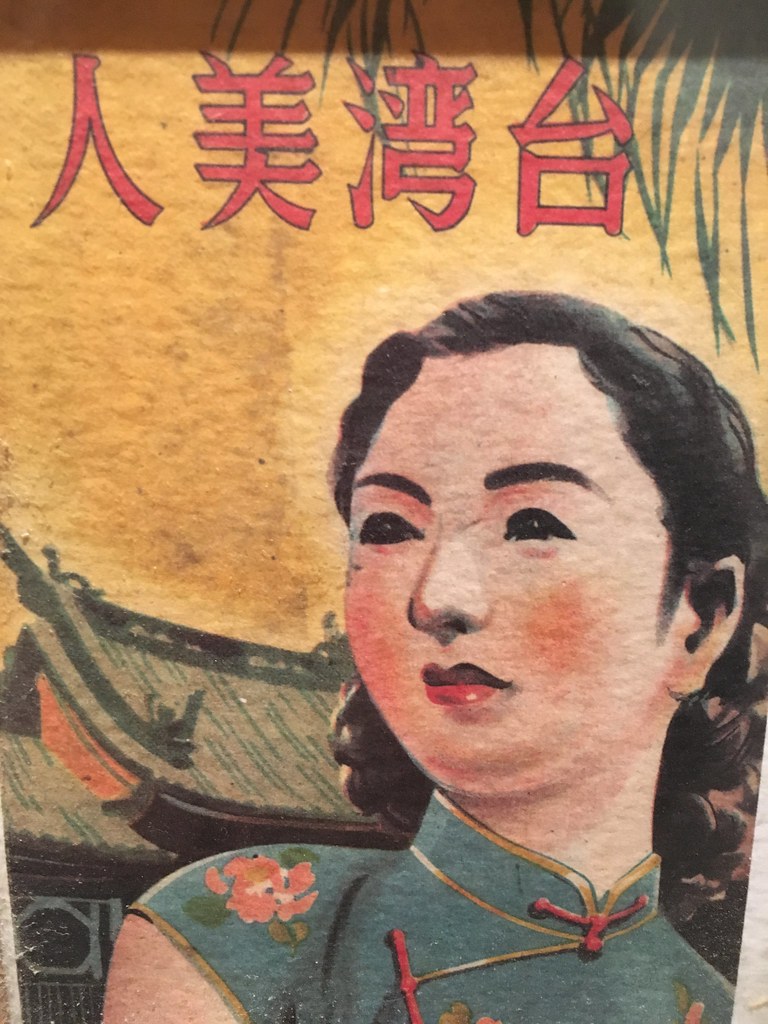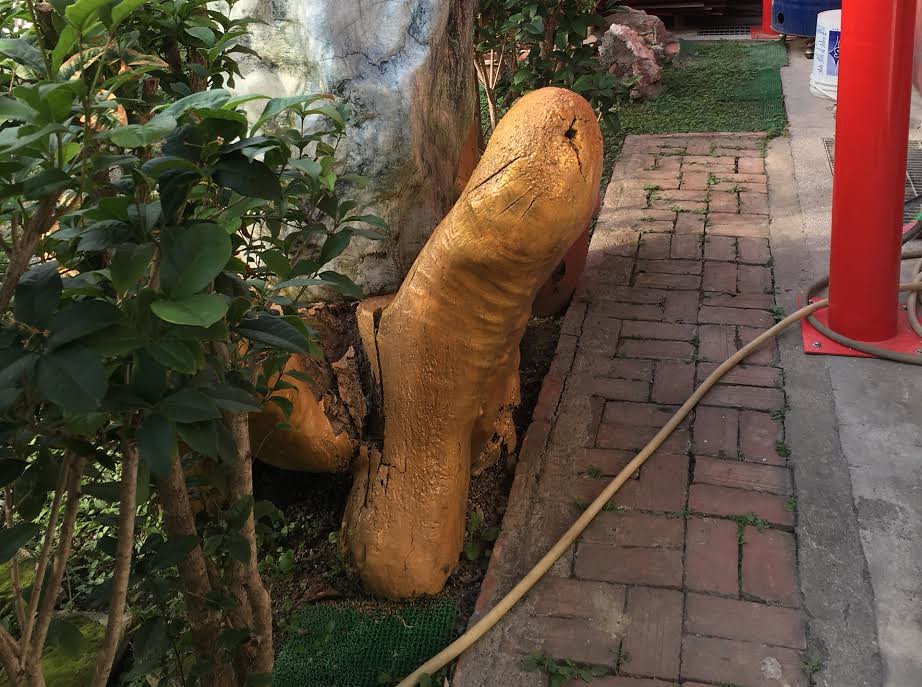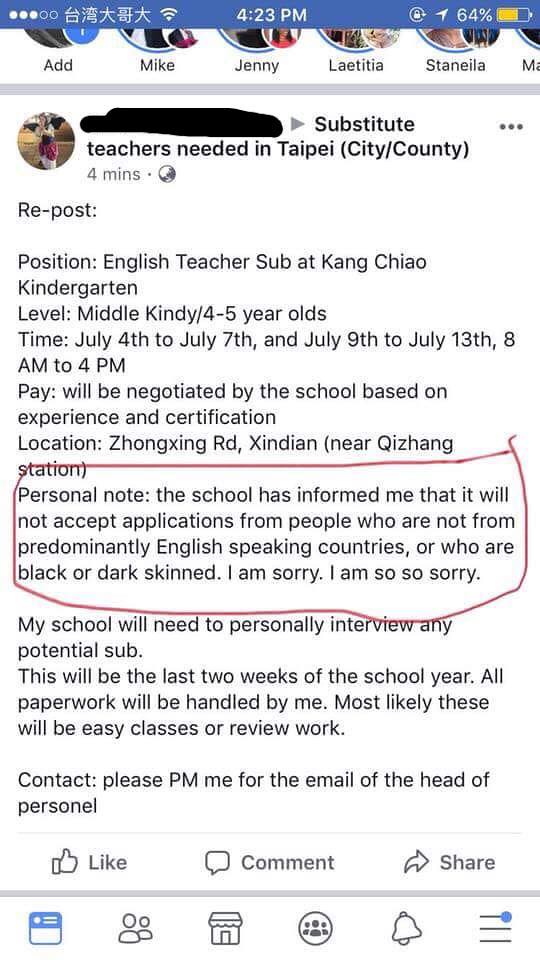I don't have a good photo, even a metaphorical one, so please enjoy a Tainan street scene.
My second job in Taiwan was arguably the worst job I've ever had. It was worse than my "they say we're teachers but it's actually kind of like working at the Gap" job at one of the big chain cram schools, if you can imagine such a thing. I won't name them because they're litigious, and I also tend not to tell the full story -- it involves treating my husband in an unacceptable way -- without a drink in hand.
It wasn't always a nightmare; the first few years were solidly okay, perhaps even enjoyable. Then they changed office managers and I started noticing a pattern I couldn't quite elucidate then, but understand better now: the inability of anyone in the office to be accountable for the most minor of mistakes, let alone apologize or do anything proactively to address the error.
Scheduled for three weeks straight -- including weekends -- despite specifically requesting that not happen? Let's not point fingers, can you just do us this favor? A teacher was not informed of a class cancellation? I don't recall. Random errors appearing in teaching materials, to the point of occasional incomprehensibility? No, you don't understand, that's just a different variety of English.
There was also a rumor that another teacher was accused of acting inappropriately toward female (adult) students and admitted as much to management. I say "rumor" because I didn't witness it, but I was told by the person accused. He showed no outward guilt, and seemed pleased that there were no repercussions. I knew then that I would leave as soon as possible (there were other reasons, but this was a major catalyst).
We all make mistakes, and I started out apologizing for mine, however minor. I soon realized that an apology was considered a deep admission of guilt: you'd get a long talking-to in a meeting they were frequently late for (forcing you to wait twenty minutes to an hour for a lecture you didn't need as you'd already acknowledged fault).
Rarely was anyone fired, but if you took accountability rather than making excuses and refusing to admit fault, you felt like you were on constant probation.
My purpose here isn't to make them look bad (which is part of why I won't name them), but to tell a small slice of my story while making a larger point about small-scale cultures where accountability and apology aren't the first steps to reconciliation and rectification, but an opening to heap shame on the person admitting fault.
I'd let these memories sink into the morass of things best not fixated on, only to have them come roaring back as I watch the various political parties rush to address their past mistakes in dealing with sexual harassment. I thought this was just the memory of that one guy who seemed proud that he was making female students feel uncomfortable, but my subconscious made the connection before I did. It wasn't that one incident, it was the whole culture of refusing to acknowledge mistakes, let alone admit them or, heaven forfend, apologize.
It shows strength of character to admit error, take accountability, apologize, rectify the situation if possible and take action to ensure it doesn't happen again. I learned this in my twenties -- later than I should have -- and it's everyone's duty as adults to do the same.
That's why it bothers me that as this Not-Really-#MeToo movement unfolds, I mostly feel dismay.
On the DPP side, people rightfully lost their jobs. Their mistakes can never be fully rectified, but at least there were eventual consequences to their actions. Lin Fei-fan, the former Sunflower leader accused by the media of knowing about the cover-up of the Women's Department case, has ended his candidacy for the legislature. There have been some serious shake-ups at the DPP -- not serious enough, but it's a start.
It's unclear why exactly he quit the race. Perhaps the party decided it was best to shelve him for a future race, perhaps he was a sacrificial lamb, or perhaps he himself decided it was the best course of action in terms of being accountable, or his future political prospects (or both). The DPP absolved him of responsibility, so I suspect the decision was ultimately his own.
Although it's not for me to say whether it's the right or wrong decision, I admit I'm sad to see Lin drop out. Not following up on the case in question was indeed a mistake, but crucially, to me, he's one of the only people embroiled in this incident to have acknowledged as much and apologized. I don't think his actions are in line with someone who committed a cover-up.
Lin acted like an adult: he was the supervisor at the time, so he decided the buck stopped with him and that he should be held, in his words, to a higher standard. Accountability is hard and it takes guts to apologize, but it's the right thing to do. It's what I want to see in Taiwan's elected leaders.
This is not to absolve the entire DPP. To put it colloquially, they fucked up real bad. he only way out of that is to figure out what went wrong and fix broken mechanisms so it doesn't happen again. Lin himself has said as much repeatedly.
The KMT, on the other hand, has been posturing quite a lot on their commitment to gender equality and a harassment-free culture, but I've yet to see much in the way of real consequences for the many, many cases that have occurred within the party.
New Taipei mayor and presidential candidate Hou You-yi was in charge when a city employee committed suicide over sexual harassment in the city's health bureau. Although the supervisory committee said the bureau handled the case incorrectly, Hou stated that the bureau acted "with humility", but has not apologized or accepted any sort of accountability for the goings-on in his administration, and is accused of trying to bury the news.
Hou, of course, is still the KMT presidential candidate. He's spent a lot of time criticizing the DPP, which the DPP has called hypocritical (Presidential candidate Lai Ching-te called Hou the "last one who can criticize").
If Lin had stayed in the race, he would have faced off against current KMT legislator Wang Hong-wei, who narrowly beat Enoch Wu for the seat. The DPP clearly thinks this district is winnable, seeing as they keep throwing star power at it. Wang, as you might have guessed, called on Lin to withdraw from the race. Then she mocked his apology and withdrawal statement as being for the "social disturbance" the incident has caused rather than his own actions (Lin has expressed regret for his actions multiple times), as well as calling her out for "double standards and political manipulation".
Apparently, Wang didn't think this was fair. Is she right? Did Lin err in calling her duplicitous rather than focusing all of the shame on himself? To determine that, let's look at Wang's actions more broadly.
KMT legislator and former Lienchiang (Matsu) county magistrate Chen Huseh-sheng was found guilty of sexually harassing DPP legislator Fan Yun and ordered to pay NT$80,000. Fan expressed unhappiness with the verdict; it's a small fine well within Chen's means to pay, and he remains in the legislature where Fan has said she feels "disgusted" to have to see him.
Wang has said asking Chen to resign would be "inappropriate", backing that up with a whole truckload of nonsense. She said there are "many forms of sexual harassment, and some of them are despicable...such as abuse of power", which this was not, and that Chen's case is "worthy of vigilance" but did not merit asking for his resignation.
In other words, an actual sexual harasser found guilty in a court of law should not have to resign because "sexual harassment takes many forms" and this one was not "despicable" enough, but Lin -- who has never been accused of sexual harassment -- should drop out of the race because he didn't follow up on a case that was reported to him as resolved?
Yep, that's a double standard.
The other high-profile case in the KMT revolves around Hualien legislator, convicted criminal and all-around asshat Fu Kun-chi, who was accused of sexual harassment by a media personality while he was serving as Hualien county magistrate. The comment section of the initial post included several people pointing out that he was a known serial offender.
While the KMT has said they will investigate the issue, Fu's office refuses to make any meaningful comment, and former Taipei mayor Hau Lung-pin, whom the victim named as a witness, has said he "doesn't have a clear memory" of what happened.
Wang Hong-wei, after spending so much time attacking Lin Fei-fan, apparently has no energy left to say a single goddamn thing about Fu Kun-chi.
I'd certainly call that a double standard too, and I'm not the only one saying so. Wang and other KMT members sure talk a lot about not tolerating sexual harassment, but when sexual harassment in their own party comes to light, they seem pretty tolerant to me. I guess it's easy to tolerate anything if you "don't have a clear memory".
You know who else in the KMT nobody seems to have a thing to say about? Taipei deputy mayor Lin Yihua. Her former office director, Lin Tinglin, was found guilty of rape in 2021. The court decided that although Mr. Lin had resigned before the incident took place, he was still Lin Yihua's employee as he continued to volunteer at her office and wear a campaign vest bearing her name. Lin Yihua was found jointly responsible for Mr. Lin's conduct and forced to pay part of the settlement.
Not only did Mr. Lin deny the allegations, appeal the ruling, call himself the victim and say the relationship was "consensual", but Lin Yihua herself tried to argue that she was not responsible as the perpetrator had technically already resigned.
Does Wang Hong-wei or anyone at all in the KMT care to ask Lin Yihua to step down for failing to be accountable for the actions of her office staff? No. She remains a rising political star in the KMT.
I will freely admit my bias against the KMT -- I just can't get over that whole White Terror thing, not to mention their current pro-China leanings -- and it's true that they've launched an investigation into the handling of sexual assault allegations, promising the issue will be handled "satisfactorily". They've even put a few token women on the committee, while refusing to divulge anything about their background!
Maybe I'm being unfair. I can't say for certain that the KMT's new bureaucratic this-n-that won't fix whatever is broken. Given their track record, however, their assurances plus NT$10 will buy a tea egg at 7-11.
But I can say that the DPP has actually fired people over this, and pretty quickly too. Everything's still ticking along just like it always was at over at the KMT. When high-profile people actually get canned and those who helped cover for perpetrators step down from office, I'll believe that it means something.
The DPP is far from perfect, and I won't sit here like a brainless pine cone and insist they've done nothing wrong, or that there isn't something very broken in their own male-dominated party culture. But Lin Fei-fan apologized, reflected, stood up and took the hit like an adult. When Chen Hsueh-sheng and Fu Kun-chi are made to step down and Hou You-yi and Lin Yi-hua face similar accountability, maybe I'll believe that the KMT might turn a corner, too.



